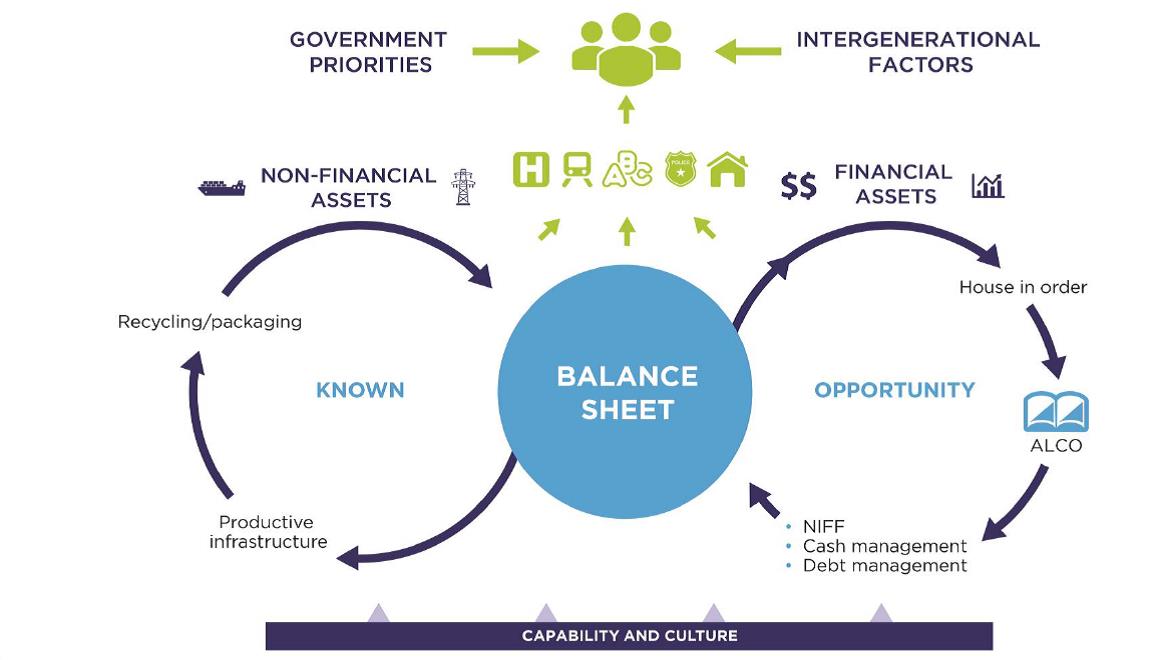Financial liberalisationthe removal of capital controls and the likehas made all of this much easier. So has the internet, which allows cash to be shifted around the globe rapidly, cheaply and anonymously. For more on these questionable overseas centers, please see the complete article at http://www. economist.com/node/8695139. The function of global banks, investment banks, and securities firms has actually evolved in the past few years. Let's have a look at the main function of each of these organizations and how it has altered, as many have merged to become global financial powerhouses. Generally, international banks extended their domestic role to the global arena by servicing the needs of multinational corporations (MNC).
For example, a company purchasing items from another country might require short-term funding of the purchase; electronic funds transfers (also called wires); and forex transactions. Global banks provide all these services and more. In broad strokes, there are different types of banks, and they might be divided into a number of groups on the basis of their activities. Retail banks deal directly with customers and normally focus on mass-market items such as checking and savings accounts, home loans and other loans, and charge card. By contrast, private banks typically provide wealth-management services to households and people of high net worth. Company banks provide services to businesses and other companies that are medium sized, whereas the customers of business banks are generally significant business entities.
Financial investment banks likewise focused mainly on the development and sale of securities (e. What does finance a car mean. g., debt and equity) to assist business, governments, and big organizations attain their financing goals. Retail, personal, company, corporate, and investment banks have typically been different entities. All can run on the worldwide level. In most cases, these different organizations have recently merged, or were gotten by another organization, to develop international monetary powerhouses that now have all kinds of banks under one giant, global business umbrella. Nevertheless the merger of all of these types of banking firms has developed global economic obstacles. In the United States, for example, these two typesretail and investment bankswere barred from being under the very same business umbrella by the Glass-Steagall ActEnacted in 1932 during the Great Depression, the Glass-Steagall Act, officially called the Banking Reform Act of 1933, developed the Federal Deposit Insurance Corporations (FDIC) and carried out bank reforms, starting in 1932 and continuing through 1933.
Enacted in 1932 throughout the Great Anxiety, the Glass-Steagall Act, officially called the Banking Reform Act of 1933, created the Federal Deposit Insurance Corporations (FDIC) and carried out bank reforms, beginning in 1932 and continuing through 1933. These reforms are credited with providing stability and minimized risk in the banking industry for decades. Among other things, it restricted bank-holding companies from owning other monetary business. This served to make sure that financial investment banks and banks would remain separateuntil 1999, when Glass-Steagall was reversed. Some analysts have actually slammed the repeal of Glass-Steagall as one cause of the 20078 financial crisis. Since of the size, scope, and reach of US monetary companies, this historic referral point is essential in understanding the effect of United States companies on global services.
Global organizations were likewise part of this trend, as they sought the largest and strongest monetary players in numerous markets to service their worldwide financial needs. If a company has operations in twenty countries, it chooses two or three large, international banking relationships for a more economical and lower-risk technique. For instance, one large bank can provide services more inexpensively and better handle the company's currency direct exposure throughout several markets. One big financial company can provide more sophisticated risk-management choices and products. The difficulty has ended up being that sometimes, the celebration on the opposite side of the deal from the worldwide company has actually turned out to be the worldwide financial powerhouse itself, producing a dispute of interest that numerous feel would not exist if Glass-Steagall had actually not been repealed.
On the other hand, worldwide businesses have actually benefited from the expanded services and abilities of the worldwide timeshare release reviews financial powerhouses. For instance, US-based Citigroup is the world's biggest financial services network, with 16,000 offices in 160 nations and jurisdictions, holding 200 million client accounts. It's a monetary powerhouse with operations in retail, private, company, and financial investment banking, along with possession management. Citibank's international reach make it an excellent banking partner for big global companies that wish to be able to manage the monetary needs of their employees and the business's operations around the globe. In truth this strength is a core part of its timeshare maintenance fees marketing message to worldwide business and is even posted on its website (http://www.
Top Guidelines Of How Many Years Can You Finance A Car
htm): "Citi puts the world's biggest monetary network to work for you and your company." Outsourcing Day Trading to China American and Canadian trading companies are employing Chinese employees to "day trade" from China during the hours the American stock market is open. In essence, day trading or speculative trading happens when a trader buys and offers stock quickly throughout the day in the hopes of making quick revenues. The New york city Times reported that as many as 10,000 Chinese, generally boys, are busy working the graveyard shift in Chinese cities from 9:30 p. m. to 4 a. m., which are the hours that the New York Stock Exchange is open in New York.

Initially, American and Canadian companies are wanting to access rich Chinese clients who are technically not allowed to utilize Chinese currency to buy and offer shares on a foreign stock market. Nevertheless, there are no limitations for trading stocks in accounts owned by a foreign entity, which in this case generally comes from the trading companies. What is a future in finance. Chinese traders likewise make money less than their American and Canadian counterparts. There are ethical issues over this plan because it isn't clear whether the usage of traders in China breaches American and Canadian securities laws. In a New york city Times short article prices quote Thomas J.

regulators. Are these Chinese traders essentially acting as brokers? If they are, they would need to be registered in the U.S." While the regulative concerns may not be clear, the trading firms are doing well and growing: "lots of Chinese day traders see this as an opportunity to quickly gain brand-new riches." Some American and Canadian trading companies see the chance to get "benefit from trading operations in China through a combination of low-cost overhead, rebates and other financial incentives from the major stock market, and suppressed need for wider financial investment choices among China's elite." Capital markets supply an efficient system for people, companies, and governments with more funds than they require to move those funds to individuals, business, or federal governments who have a lack of funds.